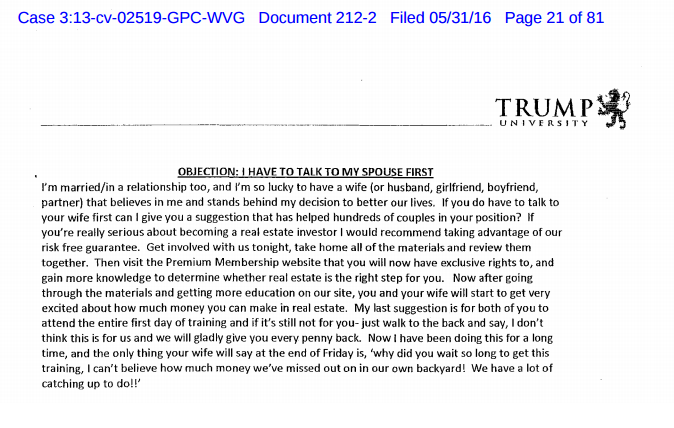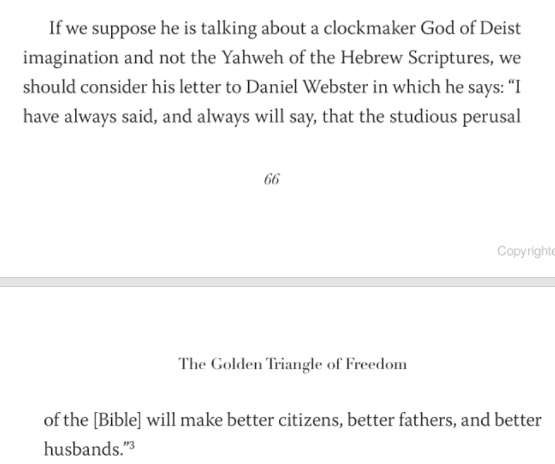In his upcoming book If You Can Keep It, Eric Metaxas claims there was “complete tolerance for all denominations and religions” for nearly a century before the founding era of the United States. From page 35 of the book:
On page 70, he adds
Since the Pilgrims came to our shores in 1620, religious freedom and religious tolerance have been the single most important principle of American life.
Such tolerance was not extended to Quakers and other dissenters in the colonies. In 1660, Mary Dyer was hanged in Puritan Massachusetts as a Quaker dissenter. Anne Hutchinson was banished from Massachusetts in 1638 and settled in Rhode Island where Roger Williams also settled two years earlier after being banished from Massachusetts. Persecution and discrimination were the lot of many dissenters from the state church.
Thomas Jefferson did not attribute his ideas about religious freedom to the example of the colonial governments. In his Notes on the State of Virginia, Jefferson criticized the treatment of dissenters by colonial governments.
Note that Jefferson judged that Puritans showed intolerance toward other sects, most notably the Quakers. They wanted religious freedom for themselves but not for others. Religious tolerance was the exception, not the rule in colonial times, even in Jefferson’s Virginia. Metaxas tells us that religious tolerance was complete; Jefferson said the intolerance matched the level displayed in England. I’ll go with TJ on this one.
Metaxas mentions exceptions to the general religious intolerance but he weaves them in with his contention that the Pilgrims and Puritans gave us the tradition of religious freedom. For instance, Metaxas briefly describes the Flushing Remonstrance and Roger Williams’ settlement in Rhode Island. The Flushing document was a petition to the leader of New Netherland settlement Peter Stuyvesant asking for relief from his ban on Quakers. Metaxas rightly heralds this action. However, Metaxas fails to set it in context. Despite the noble purpose, the petition failed and Stuyvesant cracked down on dissent. He jailed two leaders of the petition effort. Others recanted their dissent in the face of punishment.
Regarding Roger Williams, he was forced out of Massachusetts because he “broached & divulged diverse, new & dangerous opinions.” Williams had to secretly escape to Rhode Island in January 1636 during the harsh Massachusetts winter. Dissent was not well tolerated. Metaxas does not give us the whole picture. Without banishment due to the intolerance of the dominant Puritans, Williams would not have established religious freedom in Rhode Island.
I can’t understand why writers omit this history. The outline for Metaxas’ book appears to come from Paul Johnson’s 2006 First Things article on the same subject. The cover similar ground and gloss over similar issues. The America given to us by the founders is much closer to Roger Williams’ Rhode Island than John Winthrops’ city on a hill. That is a good thing and a story worth telling and retelling.
Additional information:
See my post from yesterday and Gregg Frazer’s review of Metaxas’ book.

